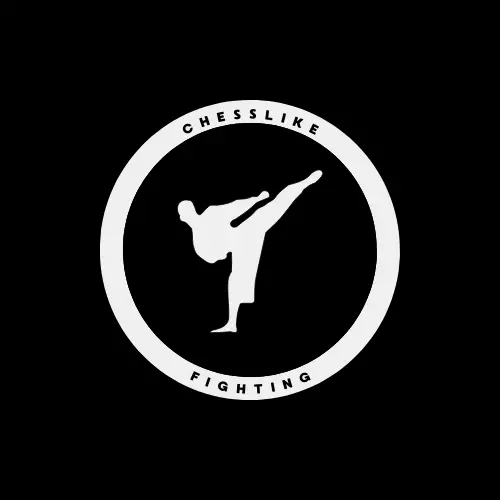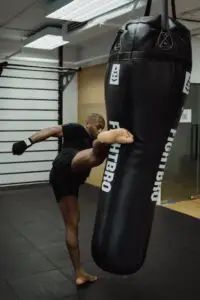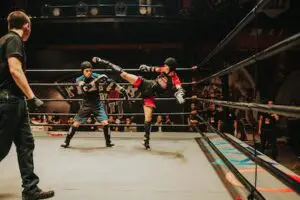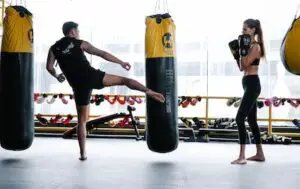Karate, a traditional martial art form originating from Okinawa, Japan, has gained immense popularity worldwide for its physical, mental, and spiritual benefits. Aspiring karate practitioners often wonder about the time and effort required to achieve mastery in this discipline. In this article, we will delve into the factors that influence the time it takes to master karate, providing valuable insights and answering the common question: How long does it take to master karate?
What are the different levels of mastery in karate?
Karate training consists of various levels, or “dan,” indicating different degrees of expertise. These levels serve as benchmarks in a practitioner’s journey towards mastery. The belt system, starting from white and progressing through various colors, symbolizes the advancement in skill and knowledge. The highest level attainable is the tenth dan, representing the pinnacle of mastery in karate.
How long does it typically take to attain the first dan black belt?
The first dan black belt is a significant milestone in karate training. The time required to achieve this level can vary depending on several factors, such as the individual’s dedication, natural ability, training frequency, and the curriculum of the specific karate style. On average, it may take three to five years of consistent training to attain the first dan black belt.
Are there any shortcuts or accelerated programs to master karate?
While mastery in any field requires dedication and time, some programs claim to expedite the process of mastering karate. These accelerated programs often involve intensive training regimens, focused instruction, and concentrated efforts. While they can provide a more accelerated path, it is important to consider the potential drawbacks. Rapid progression may sacrifice depth of understanding and experience, as well as the development of essential qualities like patience and perseverance.
What factors affect the time it takes to master karate?
Several factors contribute to the duration required to attain mastery in karate. Firstly, age plays a role, as younger practitioners may have a greater ability to learn and adapt. However, individuals of any age can still achieve mastery with consistent practice and determination. Additionally, the frequency and duration of training sessions impact progress. Regular and focused training sessions allow for skill retention and continuous improvement. Natural ability, such as coordination, flexibility, and body awareness, can also influence the time it takes to master karate. Lastly, the guidance of a knowledgeable instructor and personal commitment to practice play vital roles in the journey towards mastery.
How can one optimize their training to achieve mastery in karate?
To optimize training and progress towards mastery in karate, certain strategies can be employed. Setting clear goals and objectives helps maintain focus and motivation throughout the journey. Consistency in training is paramount, as regular practice allows for the refinement and consolidation of techniques. It is also beneficial to incorporate diverse training methods, such as katas (pre-arranged sequences of movements), sparring, and physical conditioning exercises. Mental focus and discipline are essential, as they enhance concentration and help overcome challenges. Additionally, supplementing karate training with strength and conditioning exercises improves overall fitness and enhances performance.
Is mastering karate a lifelong pursuit?
While achieving black belt ranks is an important milestone, mastering karate is a lifelong pursuit that extends beyond the acquisition of belts. Karate is not just a physical activity but a philosophy and way of life. Continuous learning, refinement, and personal growth are integral to the path of a true karateka. Mastery lies in the ability to embody the core principles of karate, including discipline, respect, humility, and self-control. The journey towards mastery in karate is an ongoing process that requires dedication, perseverance, and a lifelong commitment to learning.
Conclusion
The journey to mastering karate is a unique and personal experience for each practitioner. While it is impossible to provide an exact timeframe, the dedication, perseverance, and consistent practice are key elements that determine how long it takes to become a proficient karateka. Remember that the true essence of karate lies in embracing the martial art’s philosophy, cultivating discipline, and enjoying the transformative journey toward personal growth.
By understanding the various levels of mastery, considering influencing factors, and adopting effective training strategies, individuals can embark on a fulfilling and rewarding path toward mastering karate.





